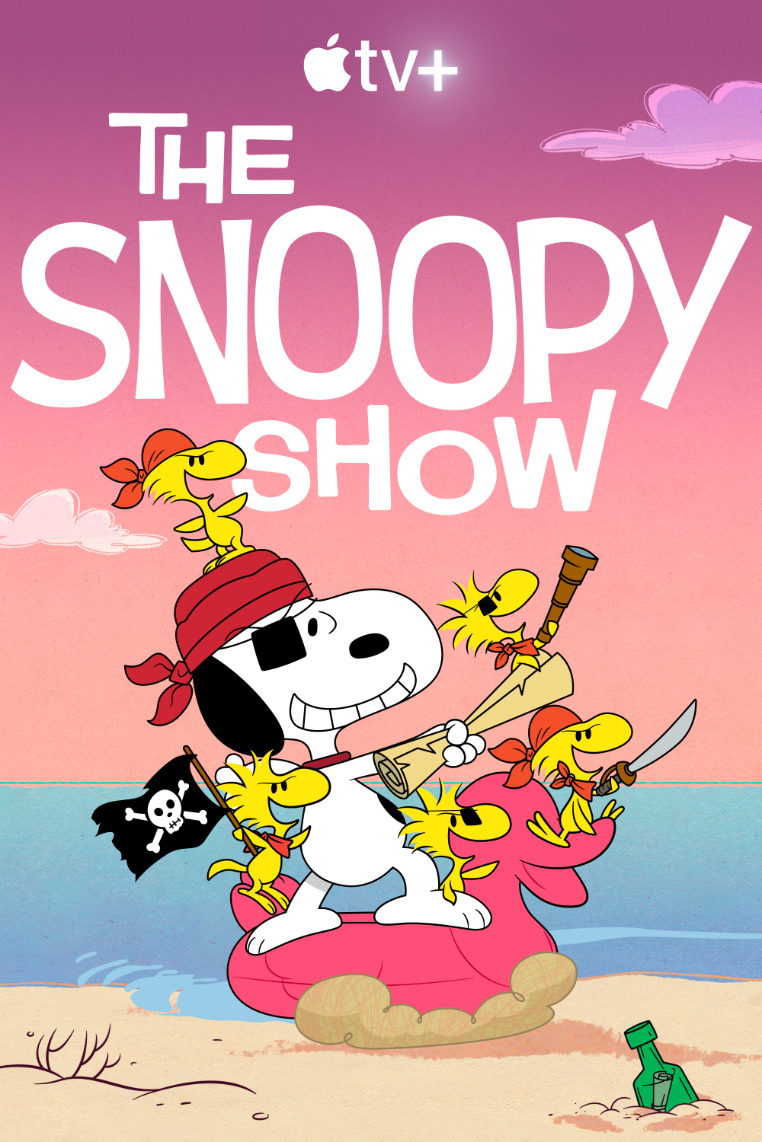Deep Fake Photos Trick Internet Into Thinking Katy Perry Attended Met Gala
By Movieguide® Contributor
Despite what some viral photos had many internet users thinking, Katy Perry did not attend this year’s Met Gala, highlighting the larger problem of misinformation spread through AI deepfakes.
While Perry has had numerous memorable outfits at the Met Gala over the years, she didn’t go to the event this year due to work in the studio. However, images of her attending the Gala in beautiful dresses were still circulated, tricking many into thinking she was there.
The images were so convincing and widespread that Perry made a post on Instagram dispelling the rumors and warning people about the dangers of AI deepfakes. Even Perry’s mom believed she decided to go to the event.
“Didn’t know you went to the Met,” Perry’s mom texted her. “What a gorgeous gown, you look like the Rose Parade, you are your own float lol.”
While this instance of deepfakes was not particularly malicious, it highlights the growing danger that AI poses when it comes to the spread of misinformation. While AI image generation was relatively recognizable less than a year ago, it has developed to the point that, when done correctly, it is nearly indistinguishable from real life.
Earlier this year, this technology was used for a more nefarious purpose when explicit AI-generated images of Taylor Swift were shared across the internet. While the sharing of the images was quickly shut down, the reach of these posts was astronomical, with one on X reaching 27 million views in under 19 hours.
The threat of AI-generated media is even more concerning heading into the election year as deep-faked images and soundbites of those running for election could fool millions of people into thinking certain things about candidates. Robocalls imitating President Biden already circulated in January heading into the New Hampshire primary.
While millions of Americans rely on social media for their news it is becoming increasingly dangerous to take anything shared on these sites for face value due to the ease at which deep fakes can be generated and shared.
Movieguide® previously reported:
YouTube is adding new rules to its platform surrounding AI-generated content, including requiring labels.
“We believe it’s in everyone’s interest to maintain a healthy ecosystem of information on YouTube. We have long-standing policies that prohibit technically manipulated content that misleads viewers and may pose a serious risk of egregious harm,” the video-sharing platform wrote in a blog post. “However, AI’s powerful new forms of storytelling can also be used to generate content that has the potential to mislead viewers — particularly if they’re unaware that the video has been altered or is synthetically created.”
The post explained that YouTube will soon “introduce updates that inform viewers when the content they’re seeing is synthetic,” adding, “Specifically, we’ll require creators to disclose when they’ve created altered or synthetic content that is realistic, including using AI tools. When creators upload content, we will have new options for them to select to indicate that it contains realistic altered or synthetic material.”
Other regulations include the removal of videos that don’t disclose AI use, as well as a feature that allows others to request the removal of AI content. Not all requests will be honored.



 - Content:
- Content: 

